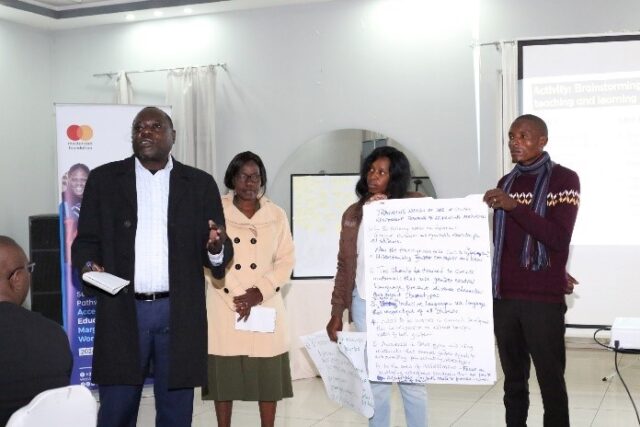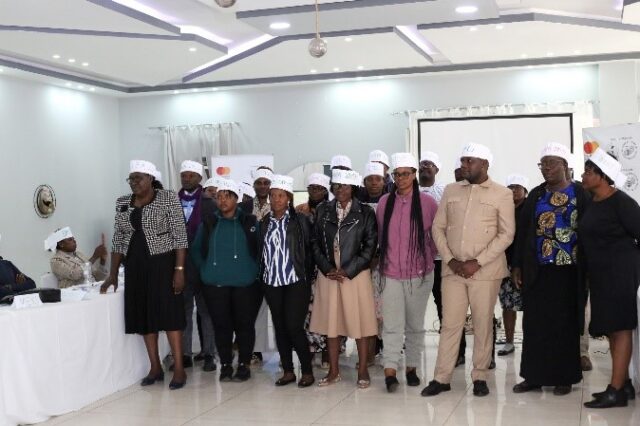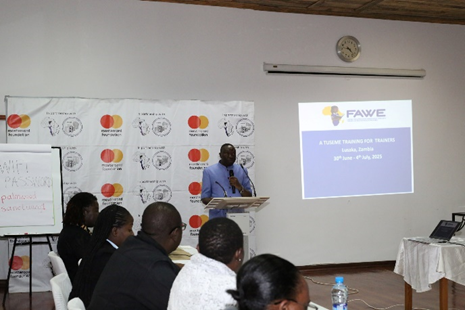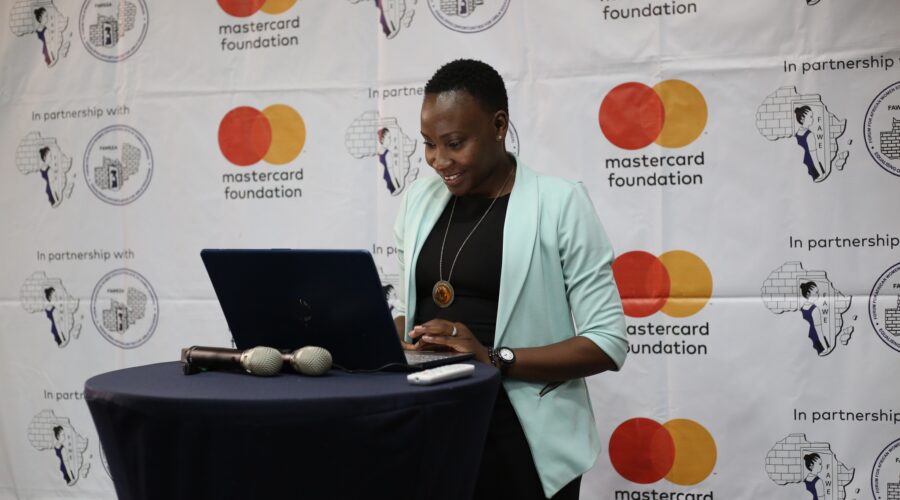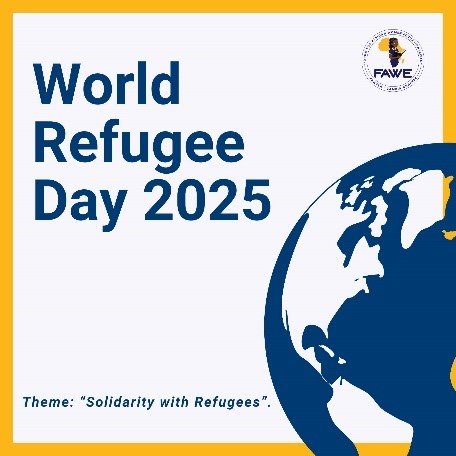
The Forum for African Women Educationalists of Zambia (FAWEZA), with support from Mastercard Foundation, has successfully conducted three Training of Trainers (ToT) sessions on the Tuseme Model, the Extended Orientation Programme (EOP), and Gender Responsive Pedagogy (GRP) for TEVET focal point persons and mentors.
The ToTs, held in Lusaka, brought together FAWEZA district members, mentors, and focal point persons from 11 partner institutions. Each training targeted a different but complementary area of learner support, ensuring that vulnerable young people in TEVET institutions are holistically empowered to thrive in education and beyond.
The Tuseme Model ToT, facilitated by Blen Brhane and Haimanot Mulugeta from FAWE Ethiopia, equipped participants with skills to help learners identify challenges, voice concerns, and take collective action. Through theatre, storytelling, debate, and dialogue, mentors are being prepared to establish inclusive Tuseme Clubs that will serve as safe spaces for learners to advocate for change within their schools and communities. The model addresses issues such as gender-based violence, low self-esteem, and student voice, while promoting leadership and collaboration.
The EOP ToT, conducted by Calvin Okello and Associate Professor Dennis Zami Atibuni from FAWE Uganda and Busitema University respectively, focused on equipping mentors to guide learners beyond academics. Participants gained knowledge in psychosocial well-being, entrepreneurship, financial literacy, digital readiness, and life skills critical components for increasing student resilience, improving retention, and preparing learners for dignified futures. During the opening, FAWEZA Board Chairperson Professor Enala Mwase emphasized that the training was central to the Second Chance Pathways initiative, reminding participants of their role as role models and enablers of transformation.
Finally, the GRP ToT, held from 12th to 17th May 2025 , strengthened the ability of TVET staff to deliver inclusive, equitable, and gender-responsive education. In her closing remarks, FAWEZA National Treasurer applauded the participants’ dedication and called on them to cascade knowledge and advocate for safe and inclusive learning environments in their institutions. She further reminded participants that gender responsiveness is an ongoing process that requires collaboration and accountability.
Through these three capacity-building initiatives, FAWEZA has reaffirmed its commitment to advancing gender equity and holistic learner development. Mentors and focal point persons are now better positioned to provide academic, psychosocial, and life skills support to vulnerable learners ensuring that no young woman or man is left behind.

